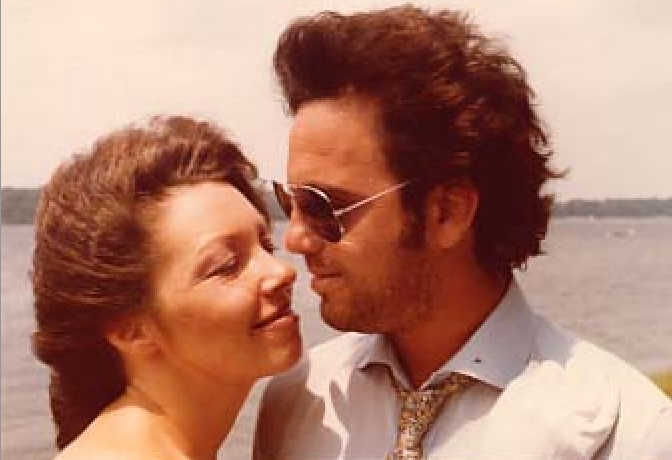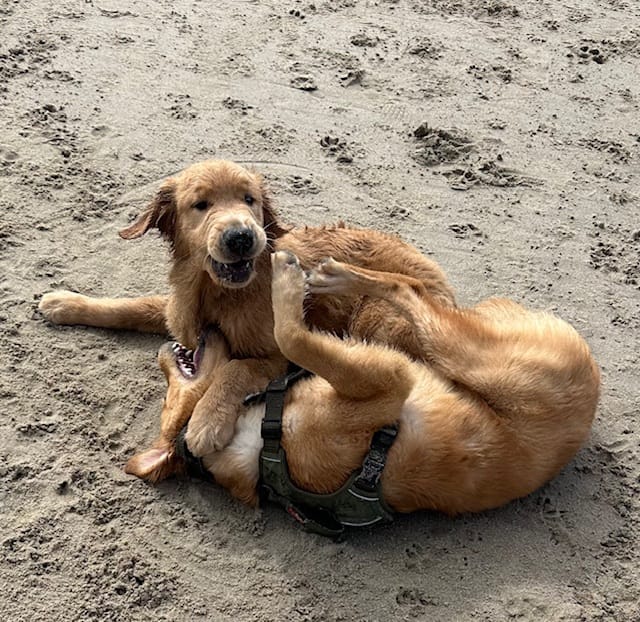"It's Either Sadness or Euphoria"; the Billy Joel Documentary on HBO

Hello, esteemed subscribers and especially today, those who are interested in Billy Joel, either before or after seeing the expansive doc that dropped July 26 on HBO. At five hours, it’s stocked with insights on each of his albums, and goes deep on a wide choice of topics from his at-times tumultuous life.
The key topics are indeed editorial choices, with some elements deepened for the first time and others, perhaps familiar to insiders, and stans, that are treated, as the NME reviewer put it, “euphemistically.” Of the chief subject’s plucky candor there is little doubt, with interviewer and co-director Susan Lacy living up to her strong doc-making rep, and and co-director Jessica Levin doing remarkable archival and historical work behind the scenes. Some material was bound to be elided--even five hours can’t contain so rich a history. For those who want more, in coming posts on the Dogtown.press blog I will be posting relevant excerpts from my biographical history, including some previously unpublished material about such topics as:
--Billy’s then-and-again friend Jon Small on just how traumatic it was to chase Billy and Elizabeth down when they, without notice, fled cross-country to Los Angeles with Jon and Elizabeth’s son Sean in tow.
--the showdown at the Spring of 1979 Havana Jam festival, where Rolling Stone praised Billy's show as showing the Cuban nation that ”rock & roll can still be subversive”. (Also to be detailed in this space, though not seen in the doc, will be the eruption of ill will that accompanied Elizabeth-as-manager shutting down the camera crews meant to be filming the showcase Billy’s label had planned. This led to “ugly words," so wrote my late mentor Chet Flippo, between Elizabeth and CBS President Bruce Lundvall. The label and the other acts were incensed. Joel himself reflects, “You don’t throw your power around and use me as leverage. I didn't like being used like that.”
--the aftermath of Billy’s motorcycle crash that ended with Elizabeth at his bedside with a lawyer and “a contract that completely screws me” at a time when, “She was off being more of a rock star than I was.”
--More details of the sporadically bitter conflicts with Elton John—who declined to speak to the documentarians—and how such troubles have been repeatedly re- awakened.
These parts of the journey are not to neglect the good times, the joy he’s found both early and late amidst a loving family and his friendships of many decades. I’ve known only honesty, loyalty, helpfulness and many laughs with the man. I was glad to share materials from my book research with Executive Producer Steve Cohen, who has been willing and indispensable to my own past work with Billy. Also reawakened, in the more recent stages of Billy’s career, has been the zest and audience love he and the band have found in performing, both in his landmark Madison Square Garden run and various arena and stadium dates. (Dates that for now, unfortunately, have been postponed by health issues. But I’ll be posting about the high spots of the recent 155-item “And So It Goes” collection the Joel team has curated.)
As a sample of the kind of revelatory updates my research and exhuming of past insights and interviews will bring, subscribers will find …wonderful secrets?...that didn’t make the cut in either the initial, ghostwritten autobiography that was shelved, or other items of interest that didn't find their way into the later hardbound and paperback editions.
This will be a fascinating search for the most interesting items, but as I’ll have to forsake some of the freelance assignments I might typically do in that time, selected sections to come will be partly behind a tiered paywall—accessible just to paid subscribers (whether monthly or yearly.)
Thanks to all for your interest!
From Chapter 8 of the original bio’s manuscript (regarding the making of “Glass Houses,” (and the couple’s swings between sadness and euphoria), as the text stood before some cutting:
Even the moody “I Don’t Want To Be Alone” had a Caribbean lilt that undercuts any deeper feelings as he makes a reluctant rendezvous with an ex-lover. But one composition Joel ranks among his top handful is the dreamily slow “Through the Long Night.” When a student in a 1992 Master Class at Boston’s Berklee College of Music said it was her favorite and asked if it was about suicide, Joel answered, “Are you Irish?...it’s a very Irish song…I wrote the song looking at the person sleeping.”
Joel now recalls it as written about Elizabeth shortly before they split up. “It was essentially about watching the dying embers burning out.”
Bitter as the split was, the song, with its Beatlesque harmonies and elegiac horns, probes for empathy:
The warm tears
The bad dreams
The soft trembling shoulders…
No I didn’t start it
You’re broken- hearted from a long time ago
If the dawning of new romance had been a rich source for him (as in “You’re My Home”), and increasing awareness of trouble had as well (“Everybody Loves You Now” into “Stiletto”), the prolonged end game also had its say as in the 1981 song demo “The End of the World:
This is your life, you’ve got problems with your wife…
She’s not the sweet little girl she was before...
Joel’s songwriting notebook shows some scrawled deletions:
I ain’t yer piano boy
It’s time for me to go…
You were so in love with me
But now you see me differently
And maybe that’s the only thing we share
Along with a broken romance, had reservations about the very success he strove so hard to achieve. Composing songs that could pound out to the back wall of hockey arenas had not been what he planned when he began as a tunesmith…
#
Finally, I want to send out thanks to the premiere crime novelist, and soulfully-wise political activist, Don Winslow, for his post on X.com:
If you loved the Billy Joel documentary on HBO, order this fantastic book by @FSchruers that goes even deeper and provides stories and insights not found anywhere else.https://t.co/L4L9NwuBrH
— Don Winslow (@donwinslow) July 30, 2025


Comments ()